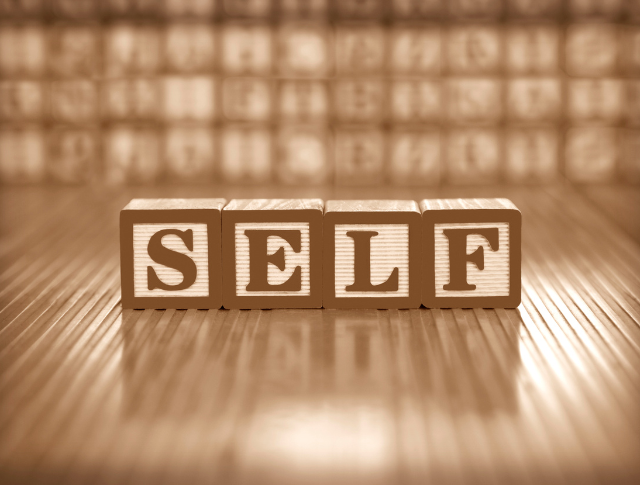
Our self-identity is a collection of beliefs we hold about ourselves. It is essentially the answer to the question, “who am I?”. All children need to know who they are and have strong self-identity so that they can:
- Appreciate how wonderful they are
- Be a great friend
- Attract children like them who enjoy the same things and have similar values
- Be aware of their downfalls so they can improve on them
- And like who they are
Children will come into contact with many personality types and it’s important they don’t change who they are for the sake of others. If they aren’t happy with who they are they will question how they look and how they behave in order to fit in with their peers. They will look to others for approval instead of feeling confident in themselves.
Building A Strong Self-Identity
It takes a great deal of confidence and healthy self-esteem for a child to accept themselves. If your child lacks confidence about who they are and does not have a strong self-identity you can help them by asking them the following questions:
- What do they think are their strengths and their weaknesses?
- What do they like/dislike?
- What kind of friend do they think they are?
- What are they most proud of? What are they passionate about?
- What is important to them?
- Do they think they are a good person? Why? (It’s always good to challenge this especially if they say no. Parents need to help them to look for the evidence that shows they are).
- What qualities do they have to offer others?
- What personal qualities would they like to develop?
- What do they believe in?
Listen to their answers and probe if you need to. Allow your child to take their time and write down their answers on a piece of paper or use them to create a collage or poster for their bedroom with the title, ‘THIS IS ME’. Try not to make suggestions as you will be imposing your ideas onto your child, rather than them coming up with their own ideas. They know themselves the best so it would be a pointless exercise if you told them what to write.
A child’s sense of self-identity may change as they enter the teenage years but keep encouraging them to see their good points so they feel confident about themselves and what they can offer others.
Does your child have a good self-identity? Do they feel comfortable in their own skin, or could they do with learning how to build themselves up? I’d love to hear from you – please leave a comment below.
For more strategies on building your child up so they have a healthy self-identity have a look at The Parent’s Toolkit.
Alternatively please fell free to give me a call to see how I can help grow your child’s identity. You can get me on 07961312749.
